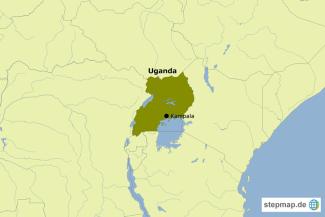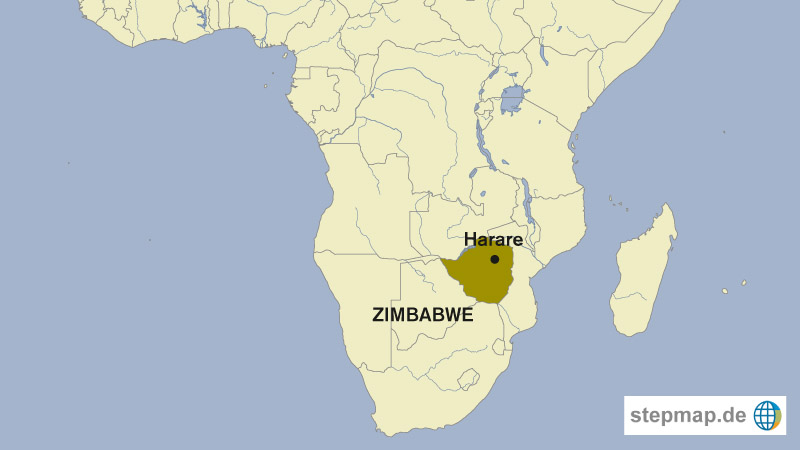Agriculture
Water drops against droughts

In eastern Uganda, a region severely affected by drought, many families now eat only one meal a day. Margaret Okurut’s family is one of them: “We struggle to find just a day’s meal for me and my four children,” she says wearily.
Weather experts warn that the drought situation is far from over. The most hit regions are along the so-called “cattle corridors” stretching from western Uganda through the central region to Teso and Karamoja in the north-east.
The droughts greatly affect the agricultural sector, which is Uganda’s economical backbone. Farmers are counting losses after the food crops they planted either dried up or yielded very poor harvest.
The droughts have not spared the animals either; herdsmen are moving from community to community in search for pastures and water. They face rejection in some places, with ensuing conflicts over access to water. Cattle traders say they are making losses because the animals are weak, smaller and weigh less than usually.
Ben Obwoyo, chairman of the national chamber of commerce for Nwoya district, blames the droughts on “general climate change coupled with massive deforestation in most parts of the country”, but he also criticises poor farming practices. Obwoyo urges farmers not to panic and not to plant crops too early. “Farmers’ tendencies of rushing to plant with the first rainfall has to change. They must wait for enough rain,” Obwoyo explains.
Moreover, Stella Lutalo, a climate-change expert in the capital Kampala, advises farmers to plant drought-resistant crops in order to avoid losses and famine.
Uganda has suffered from droughts on and off in the past three years. The government is now appealing to regions with food to share grains with their neighbours. Ugandans are known for their solidarity, and as a short-term solution, locals recently mobilised funding and purchased tons of grains which were distributed to the worst affected community of Teso in eastern Uganda.
Trying to encourage farmers to counter the droughts, Ugandan President Yoweri Museveni demonstrated low-tech drip irrigation techniques by using plastic bottles filled with water, saying that “such innovations can save plants”. Although some people criticised his approach, vegetable grower Kigozi Martin of Wakiso in Central Uganda has adopted the bottle technique and is now earning cash from his vegetable business.
However, such innovations may save small-scale farmers, but it is too expensive for large-scale farmers. And on top, most water points have dried up in the droughts.
Gloria Laker Aciro is a former war and peace reporter and now heads the Peace Journalism Foundation of East Africa. She lives in Uganda.
glorialaker@gmail.com
Twitter: @GloriaLaker
Blog:http://www.pjfeastafrica.wordpress.com













